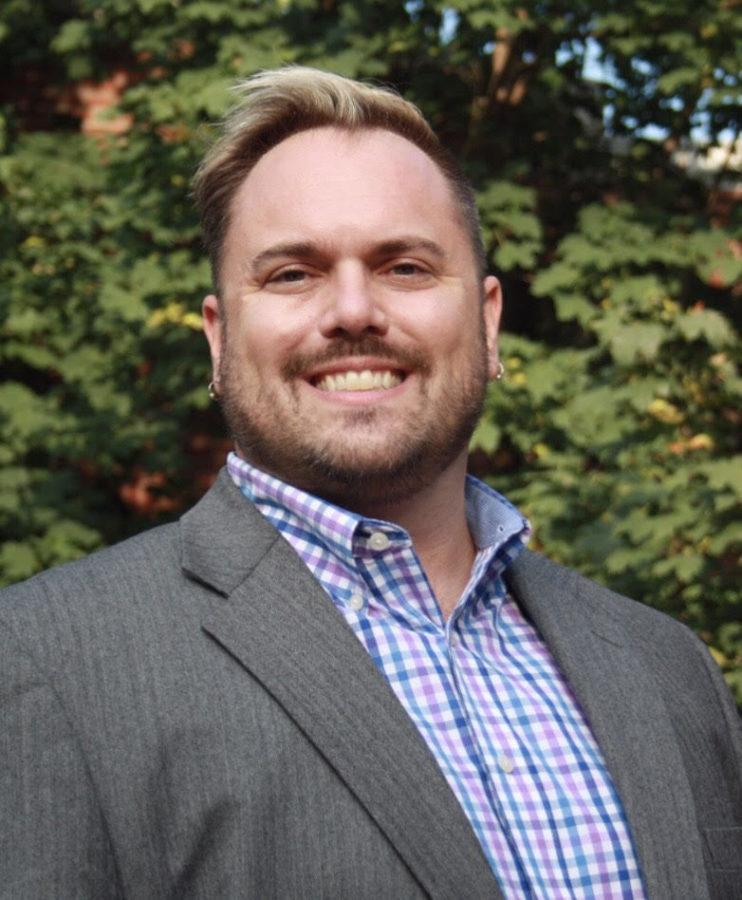New course to focus on gender and dialogue
Paul Hengesteg, graduate student in education, will be co-teaching a class in the spring semester that will focus on gender and dialogue.
November 6, 2019
As the spring semester approaches, students may be pondering what classes to take. Those who enjoy open dialogue over topics such as gender and sexuality might consider the course H SCI 250X.
The instructors for this course are Paul Hengesteg, graduate student in education, and Meredith Tittler, graduate student in psychology.
According to Tittler and Hengesteg, this course is a three credit, whole semester course that meets twice a week and introduces the concept of open dialogue in the setting of a classroom.
Students will be given readings and introductions to concepts that will encourage them to engage in difficult dialogue. Throughout the course of the semester, they will partake in critical discussions regarding sexual orientation and gender identity.
“This course is intended to be different from other courses that students might take,” Hengesteg said. “In the process of having an open dialogue, particularly through difficult times in conversation.”
All students are encouraged to take this class, Tittler and Hengesteg said. This is a class for those who not only want to increase their knowledge of these topics, but also want to be able to speak openly about them.
As for why students should take this course, Tittler said that especially at this time in the United States social climate, it is important to be able to talk to each other about uncomfortable topics openly. It is also an opportunity for students to gain an understanding of the differences between discussion, debate and dialogue.
“Debate, especially socio-political debates, sort of polarizes us more,” Tittler said. “Dialogue is the slow method forward to build understanding of all people, from all different sides and standings.”
When asked how a “safe space” will be established, Hengesteg said there is a “brave space” ideal that is brought into this course. Students, despite their fears and discomfort, will bring their whole selves into the classroom in order to establish a full-serving environment.
“The bravery is required for all people,” Hengesteg said. “There will be people who never talked about these topics, and there will be students who are well versed in them. However, what’s important is how these students interact with each other.”
Hengesteg said before students sign up for the course, they should expect to trigger others and to be triggered. However, the course is meant to understand these triggers and why they are triggering.
Content for this class will not only cover the ways to have a dialogue, but also cover power and oppression in relation to women, masculinity and struggles within the queer community, as well as other topics.
This course is open to all students from first years to graduate students, and counts for a U.S. diversity credit as well as an arts and humanities credit.







